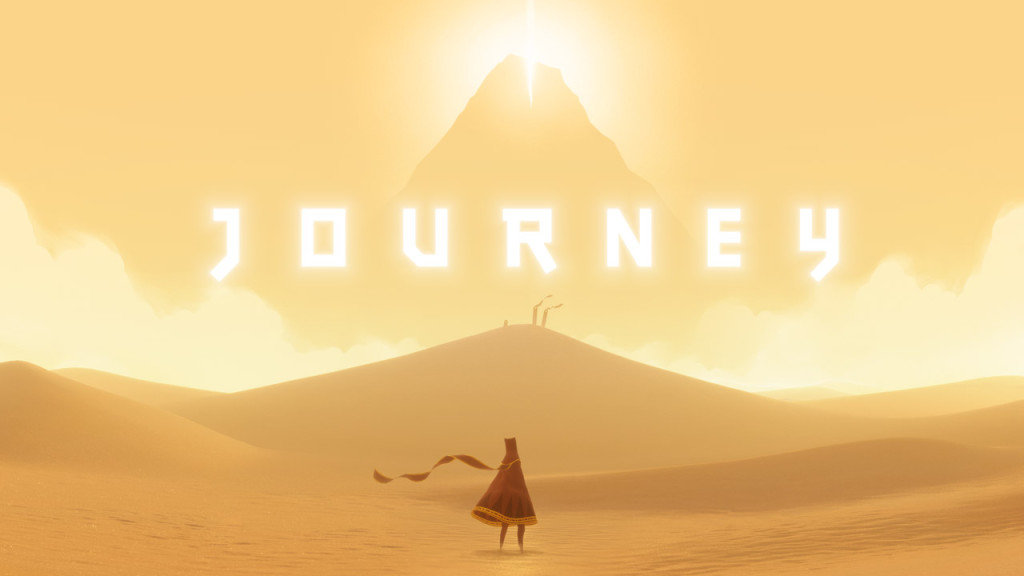6 Do not eat the bread of a selfish man, or desire his delicacies;
7 For as he thinks within himself, so he is. He says to you, “Eat and drink!” but his heart is not with you.
8 You will vomit up the morsel you have eaten, and waste your compliments.
Proverbs 23
Should Christians experience narratives and games in a different way than those who are not?
I find myself asking this question, among others, because that seems the case to myself. I do not find myself agreeing with the majority of “games criticism” in either journalism, academia, or otherwise. I don’t agree with the way they’re portrayed, nor with the continual movement towards “meaningful” games when we have barely begun to explore exciting game mechanics. Video games have been adopted by those who love them as another art form, taking the same cultural tropes, iconography, and thematic elements without really considering what made games special.
Games are games – not stories. Stories augment and add to the game itself, but they never usurp that element. At least I’ve never found that to be the case. Even in games I don’t particularly like, they do display elements of “games” in addition to the narrative. And that’s a hard thing to reckon with the modern game market, which tries to stuff as many cutscenes/story elements your way as frequently as humanly possible. When the player’s input becomes next to nil, except for the occassional shoot/murder people, there’s a problem with game design. The whole enterprise has been co-opted before it had time to develop, really, and that’s a shame.
Indie games take a different model but end in the same mire. To be quite frank, “indie” isn’t so much a genre as it is an arbitrary name for a putative artistic movement – these games really fit into the common genre designations more than they think. Super Meat Boy’s still a platformer; Braid’s still a puzzle game, as is Spelunky. Yet, for whatever reason, indies also have their own storytelling necessities that sometimes get in the way of making an immersive, competent game. They take their pretensions at the expense of making the game itself as good as it can be. They make a story, and they forget the game.
Let me say, though, that I’m not against narratives or stories in games. Those provide context for the actions in the game world. Cutscenes, at times, provides meaningful exposition for your objectives in ways that the developer can’t do solely through the game itself (although I suppose Half-Life proves this one wrong in a number of respects). But there have been just as many games that don’t need an “in your face” moral component. Games with a subtle atmospheric vein of storytelling do a much better job than those that try to explain everything.
The video above demonstrates a wordless capacity for story in Super Metroid. To provide a further example: Super Metroid immerses the player in a bizarre science-fiction fantasy world. The game gives the barest of background and exposition to begin the game. From there, your motives are straightforward, simple, and don’t tend to require a great deal of thought. Still, you must investigate the threat to the galaxy. You arrive on Zebes; it looks menacing and dark. A fierce storm rages; only the sound of lightning breaks the silence and the pattering of the rain. Entering the first door, a brooding theme plays – is this planet lifeless? You pass by the various remnants of a past visit – the original Metroid also took place here, and you can find the ruins of that previous venture. Further, you gather the first item: the morph ball. Suddenly, a camera swings over and FINDS YOU. Going back up the elevator, you find Zebes come to life – but not in a good way! You’re attacked by all manner of hostile creatures, living statues, old technology, and Space Pirates throughout the rest of the game.
Super Metroid doesn’t hold your hand in this exploration. It gives you an empty canvass and leaves us in a sense of isolation. We can insert a story into this experience. We don’t need any exposition after the introduction because everything necessary for the player to understand will be conveyed just by playing the game. There’s not many instances where the game wrests control out of your hands in this exploration of a mysterious alien planet, and I’m all the more grateful for what a shining example Super Metroid remains of how games can tell stories. Journey, even though I haven’t played it, establishes a very similar atmosphere. It’s letting the player interact with the world, without a holding hand, that can make a game narrative unique in itself (that I’m not a particular fan of a such a game doesn’t mean I can’t recognize its finer qualities).
Both games, however, have mechanics that make them a joy of interactivity. Samus has a huge arsenal at her disposal; Journey gives you just the tools needed to move around the desert and the ruins to appreciate what thatgamecompany wants to do. In each case, it’s fairly obvious that the developers want you to explore that world. They’re subtle; they don’t tell you what’s going on, but demonstrate it. If you don’t want to find something deeper, you don’t have to find that. Super Metroid could become a mere shooter/platformer with exploration, or Journey could be the easiest platformer in the world. But, for those willing to take their time and find out what’s happening, those who put in the work have their dedication rewarded. Like a good novel doesn’t reveal its true purpose at first read, or a good movie reward repeat viewings, good game requires a good deal of time to make their finer qualities known.
And isn’t that just the complete opposite of games from both the indie and the mainstream? They continually borrow elements from different mediums, fully unaware of their own’s greater qualities and unique skills. It saddens me to see that “art” has already become a “thing” that can’t be changed or shaped. It must be told or conveyed in a particular way. Many games don’t take the unique qualities of video games to heart. It thinks that we need a Hollywood blockbuster, or we need specific dialogue trees, or we need a “message”. Look, if you’re a good storyteller, we don’t need you to imagine “the point” of the game as the narrative itself. It will come through by nature.It’s as if they missed the whole reason why some games are great, and some are not. We praise those games that had an impact on us, certainly, but those games did something great without holding your hand.
The problem, then, comes from your intentions in making your game. Are you making a story, a narrative, a meaningful thing, or a world? The players are co-creators, in a sense; you need to see them and understand the world you create. If you start with any other assumptions, you betray the very elements that make games special and leave us with yet another movie/book/etc. Wherever you start is what you’ll create; as you think, so shall you become.


